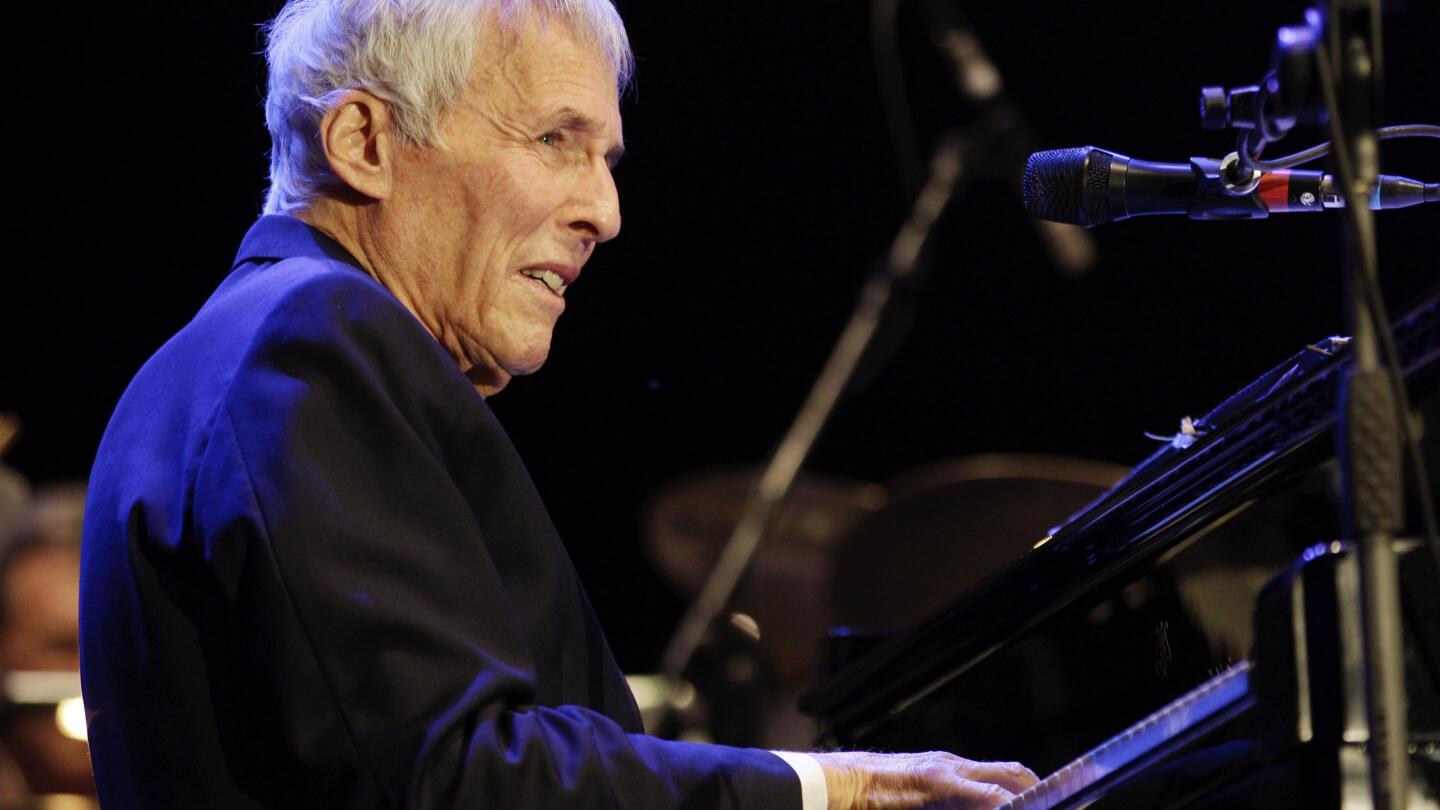- Thread starter
- #1
lilchi721
Well-Known Member

Burt Bacharach, legendary composer of pop songs, dies at 94
Popular composer Burt Bacharach has died at 94. Working with lyricist Hal David, Bacharach penned a long run of hit songs, many of them for Dionne Warwick.






